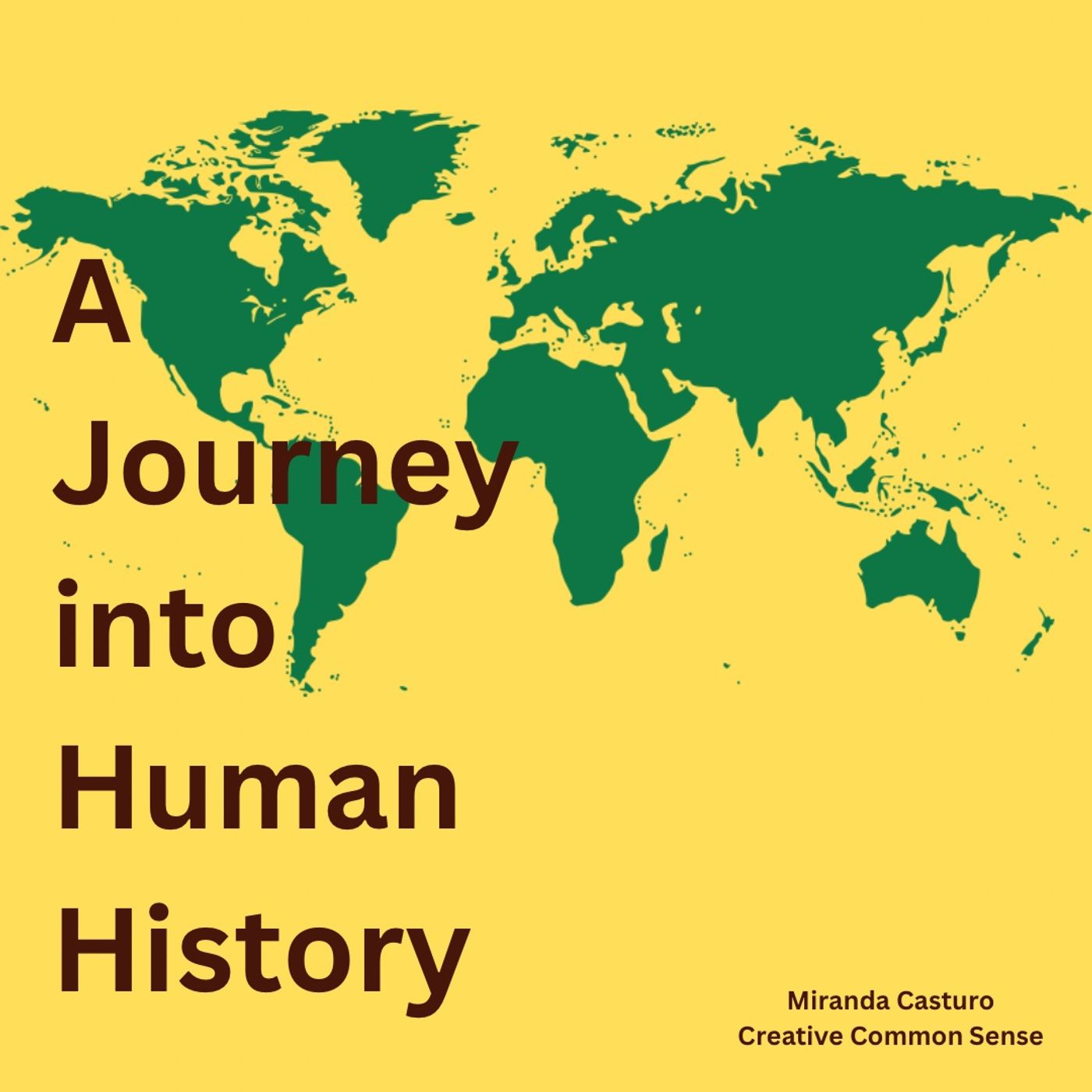The Malacca Sultanate (Corrected Audio)
Description
The Malaccan Sultanate was established around 1400 by Parameswara, the last king of Singapura. The city’s location on both sides of the Malaccan Straits destined it for success, because the straits were the route taken by trading ships between the Indian Ocean and the Pacific. The city grew wealthy and attracted a diverse population of merchants from many countries, and the sultanate thrived under the leadership of Mansur Shah, who expanded its territory. Its prosperity was also aided by its support for Islam and the formulation of a legal code to regulate the conduct of foreign sailors.
In 1511, the Portuguese attacked Malacca and took over the city, but their insistence on converting the people to Christianity resulted in their being expelled from both Malacca and the Sultanate of Ternate in Indonesia. In the end, the Spanish took control of the Philippines, and the Dutch, who had no interest in spreading Roman Catholicism, became the main European power in Indonesia.
All images referenced in this podcast can be found at https://openstax.org/books/world-history-volume-2/pages/2-2-the-malacca-sultanate Welcome to A Journey into Human History.
This podcast will attempt to tell the whole human story.
The content contained in this podcast was produced by OpenStax and is licensed under a Creative Commons Attribution License.
Access for free at https://openstax.org/books/world-history-volume-1/pages/1-introduction
Podcast produced by Miranda Casturo as a Creative Common Sense production.
More Episodes
Over the course of the eighteenth century, a series of famines and economic crises deepened wealth inequality and narrowed access to political power on both sides of the Atlantic. As the growing influence of the public sphere and Enlightenment ideas of equality and liberty shaped opposition to...
Published 12/25/23
Published 12/25/23
Over the course of the seventeenth and eighteenth centuries, the public sphere became an increasingly important component in the spread and development of Enlightenment ideas. As networks of informal socialization and intellectual exchange, coffeehouses provided a setting in which people from all...
Published 12/22/23


